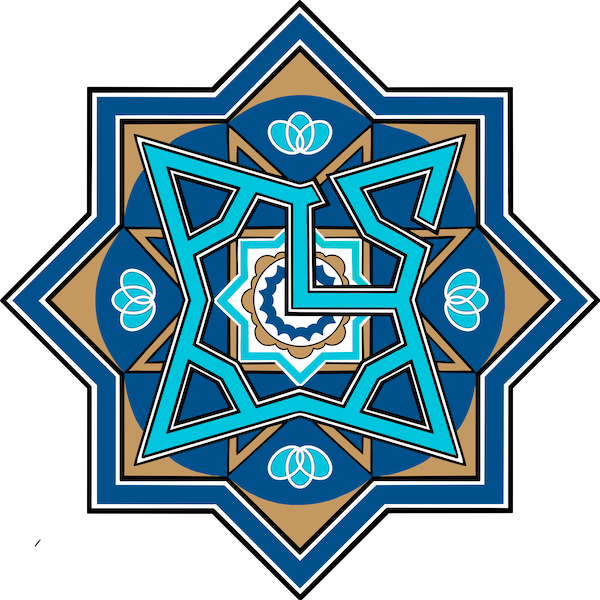International Workshop, 12 – 13 December 2016
Date: 12 – 13 December 2016
Venue: Orient-Institut Beirut
This workshop aims at shedding light on the transnational dynamics in which Arab left-wing trends have been embedded, especially during the 1960-70s, the glorious period of left-wing revolutionary movements throughout the world, in one word: the Tri-Continent moment.
The radical left that emerged after 1967 mainly took a critical stance towards the USSR, the Arab communist parties, and the Arab regimes, which have proved unable or unwilling to take the bull by the horns. But how did left-wing syntax and revolutionary imaginaires become a driving force throughout the world? And how have they opened the path to revolutionary romance and revolutionary violence? Violence, however, does not constitute the main criteria defining radicalism. By radical, we point to the desire to initiate social and political change involving the transformation of cultural practices and ethical principles, of man itself.
Strangely enough, the sparse scholarship devoted to the Arab left in the 1960-70s has long remained restricted within a national framework. But the national scale of analysis does not allow one to take into account the revolutionary passions involved, which were shaped by a transnational interpretative framework inspired by Marxism and embedded within the wider context of the struggles for decolonization and the Cold War. Thus, this workshop welcomes communications that shed light on circulations and transnational networks, at the regional and global scales, as well as on ideas, emotions, practices, and models diffusion and transformation, although it does not exclude the national framework, which remains a relevant scale of analysis.
In so doing, this workshop aims to contribute to four fields of research. Firstly, it will allow a better understanding of the dynamics of continuities and ruptures in intellectual and activist trajectories in the Arab world. Possible topics include the study of activists’ trajectories and experiences, as well as the left-wing turn of the Arabist and, especially, Nasserian discourses. Secondly, by placing the strategies and discourses of radical left- wing trends in the Arab World in the broader dynamics of a transnational reference framework, it will push further in the direction opened up by the pericentric approaches of the Cold War and, thirdly, it will contribute to a better understanding of the emergence of a Third World. In this regard, it welcomes studies on the impact of the Chinese, Vietnamese, Cuban, and Algerian models on Arab revolutionary thought, practices, and strategies, especially on three pivotal local revolutionary struggles, namely that of Palestine, Yemen, and the Dhufar. Finally, this approach also invites us to think about the impact of colonization and decolonization on the “center.” The workshop would therefore like to integrate one or two studies on the interplay between European-North American and Arab left-wing revolutionary trends or, at least, organize a discussion on this issue.
